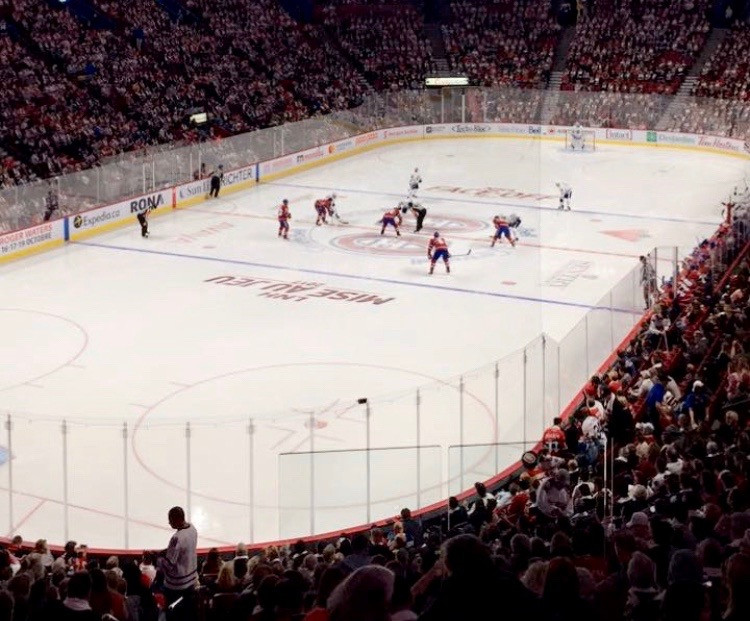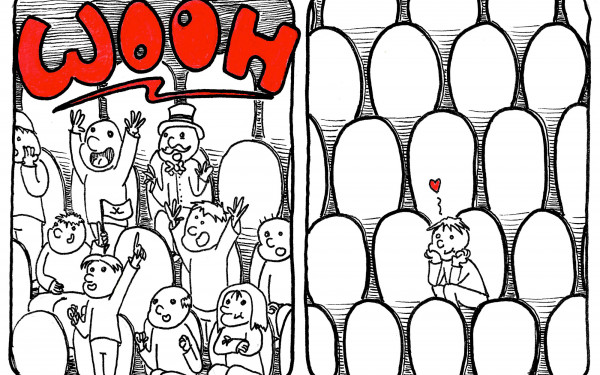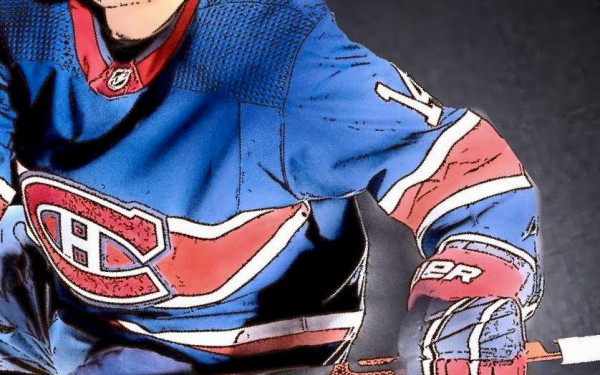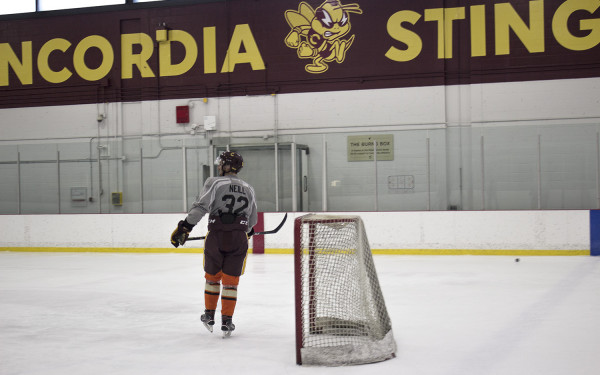Hockey’s spring cleaning season
What the NHL deadline really means
I love the Habs, but more than that, I love the players who make it the team it is. Those are my guys—through thick and thin, through losses and wins—it wouldn’t be the Montreal Canadiens without them. With that in mind, the last thing on mine was the NHL trade deadline.
Trading in the NHL refers to when teams exchange assets with one another. The deadline is pretty self-explanatory, but everything sounds better when it rhymes: NHL trading is fine until the deadline. This year's trade deadline was set for April 12 at 3 p.m. EST.
Many trades occurred today, but teams have been making moves over the past few weeks as well. Think of how on March 26, the Montreal Canadiens acquired Eric Staal from the Buffalo Sabres in exchange for two picks in the 2021 NHL draft—explaining the NHL draft is a whole thing, so that’s a story for another time. The takeaway is that prior to today, trades have already been made, and Staal’s first Habs goal has already been scored.
As hockey fans, we tend to focus on the sports of it all, and we forget it’s still a business. The trade deadline stands as a reminder of the “sports and business” crossover episode that is the NHL. You really see it when they pull out terms like “salary cap” and “unrestricted free agent”—words that are somehow more confusing than “offside.” However, you don’t really need to understand the practical terms of the trading process as much as you do it’s implications.
For both the players and the fans that adore them, trades are bittersweet. People get attached and change is challenging. Although we might lose some of our favorite players, it’s comforting to think about how we’ll gain some new favorites along the way.
When I started rooting for the Habs, I expected to be in it for the long haul, but I never took the time to think of what that would look like. For those that have been watching the game for years, the team looks pretty different from when they began. Even in the span of one season, I see the team changing.
These changes aren’t necessarily good or bad—they’re just changes. Former professional hockey player turned sports journalist, Justin Bourne, writes, “The whole vibe with a new team is one of imposter syndrome, of playing dress-up.”
It reminded me of when I decided to start watching the Montreal Canadiens—one day I didn’t know anything about the team, and the next I was a Habs fan. The players experiencing these trades go through the same thing. They throw on their new jerseys, and suddenly they’re a part of something different—another team. It takes some time, but eventually they get to a point where they can’t imagine playing anywhere else.
Bourne continues, “It usually takes some dramatic events (brawls, comebacks, even bag-skates), often those involving adversity, to start feeling like the crest on your chest represents you.” His story goes to show that although being traded comes with its challenges, players step up to overcome them. They bond with their new teammates, coaches, and managers, until they stop feeling so new.
As the players move around, it’s natural for everyone involved to have feelings about it. Needless to say, I was absolutely gutted when the Habs gave up Victor Mete—but it’s probably for the best because the Ottawa Senators will actually give him ice time. Hot take, he’s a good hockey player—he just wasn’t good for the Habs, nor were they for him. I hate to see you leave, but I love to watch you go.
These trades are meant to make the teams better, so I’m excited to see Erik Gustafsson and Jon Merrill join ours. It might take some time for them to adjust to Montreal, but I’m hopeful they’ll soon make it their home. All they need are a few brawls, comebacks, and bag-skates.






_600_375_90_s_c1.jpg)
